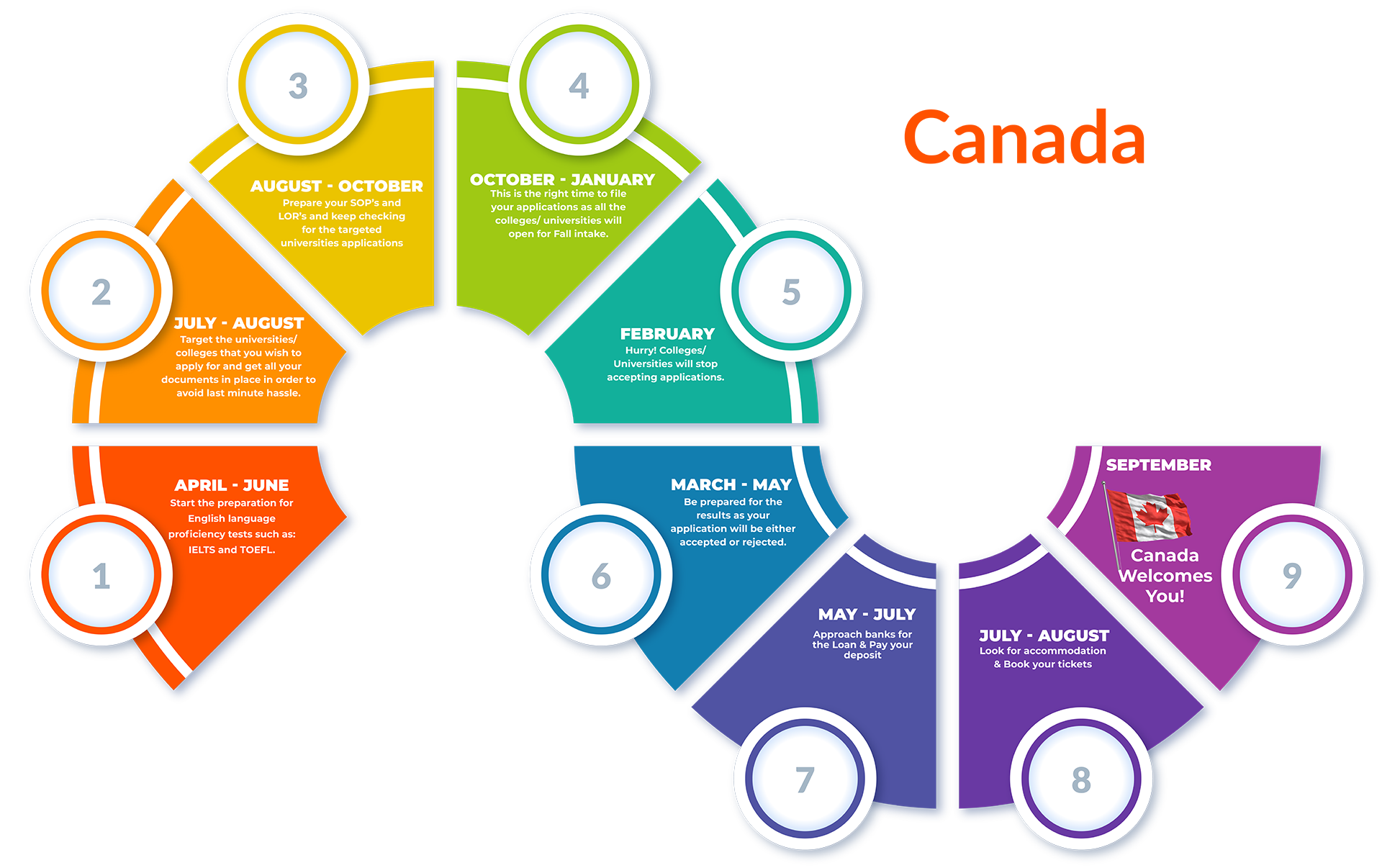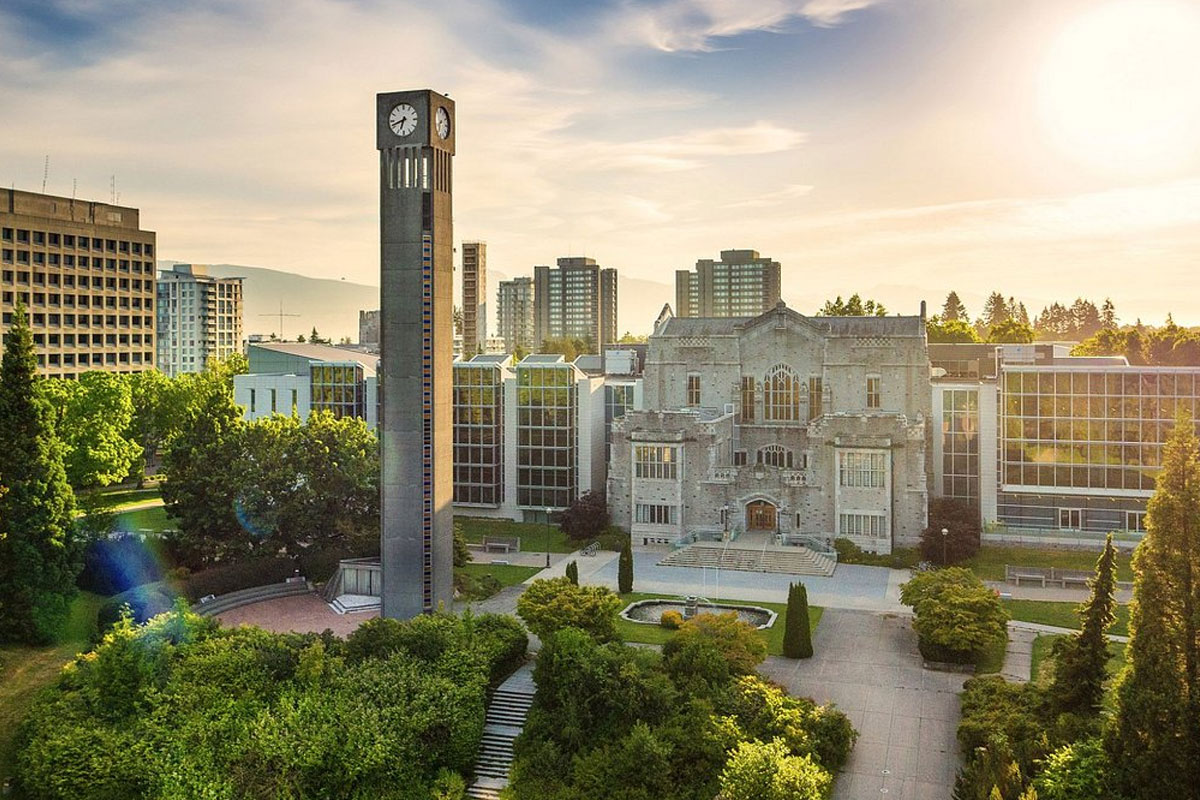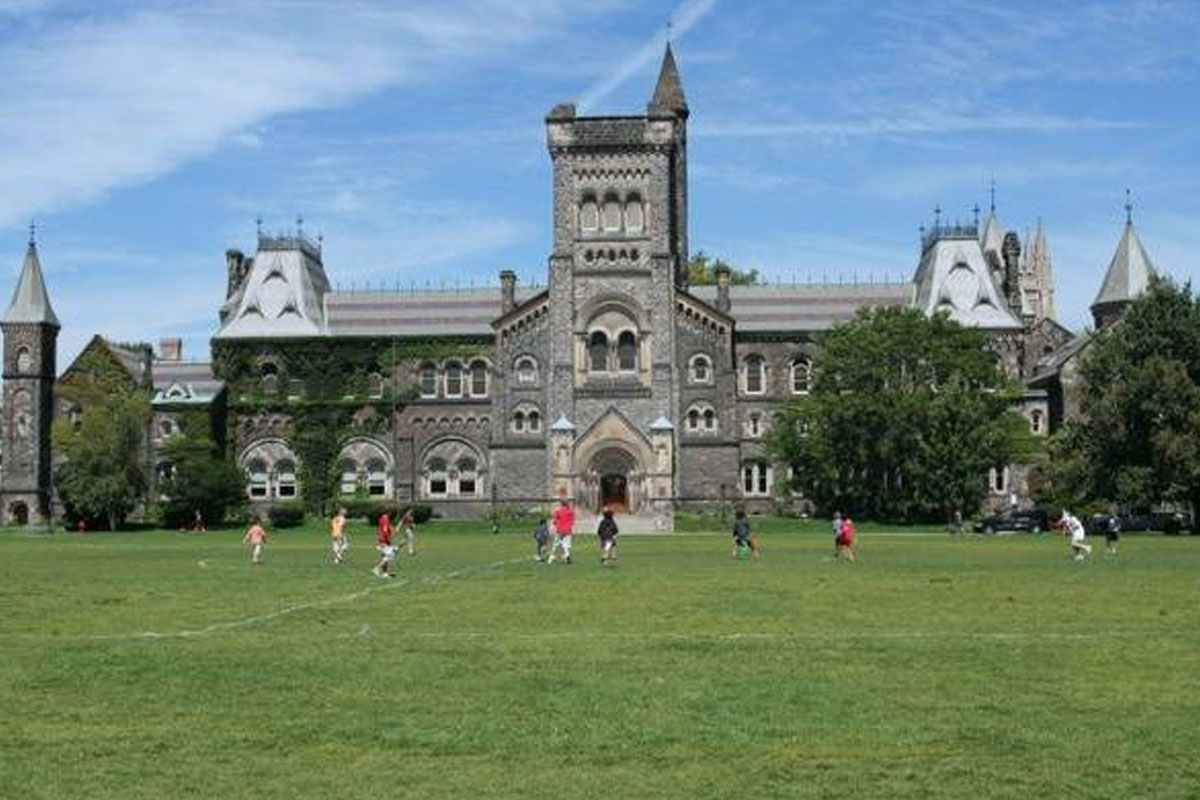Why Study in Canada
Canada is one of the best countries to study abroad. The Canadian universities and colleges are known for their high-quality education, modern campuses, and strong research programs. Whether you’re into engineering, tech, business, or healthcare, you’ll find top-ranked courses that are recognized all over the world. That’s a big reason why so many international students decide to study in Canada.
A Welcoming and Safe Place to Live
One of the things students love most about Canada is how friendly and inclusive it is. No matter where you’re from, you’ll feel welcomed and accepted here. People are polite, respectful, and open to all cultures. Whether you’re in a big city or a small town, Canada offers a peaceful and safe environment that feels like home.
Real Experience While You Study
In Canada, you won’t just sit in classrooms but you’ll also get a chance to gain real work experience too. Many schools offer co-op programs, internships, and part-time job options. That means you can apply what you learn while you study and build your resume along the way. Plus, after graduation, you may even be able to stay and work. Scholarships and financial aid are also available to help with your costs.
Admission Requiarements to Study in Canada
- Choose a Program and Apply
Enroll in a course and college, then apply and get a Letter of Acceptance. - Meet Academic and Language Requirements
Have the right qualifications and show your English skills with IELTS or TOEFL scores. - Prepare Your Documents
Get your Letter of Acceptance, proof of funds, passport, and other required documents. - Apply for a Study Permit
Apply for a study permit, give your biometrics, and explain why you want to study in Canada.
Contact us to know more about study in Canada admission requirements!

Application process to study in Canada
- A letter of acceptance from a DLI
- Proof that you can financially support yourself during your studies
- A valid passport
Worried about the cost? Studying abroad isn’t cheap, but Canada is often more affordable than other countries like the U.S. or U.K. Plus, many schools offer scholarships and financial aid to help international students like you cover expenses and focus on your education.
Application Deadlines
Generally, the three intakes in which international students can apply for studying in Canada are:
- Fall Intake (September)
- Spring Intake (January)
- Summer Intake (May)


- Student Life in Canada
In terms of student life, Canada offers a variety of extracurricular activities and opportunities. Many universities and colleges in Canada have active student organizations, clubs, and sports teams that allow students to connect with others who share their interests.

- Cost of Living
The average monthly cost of living in Canada can range from:
Single Person: CAD 2,370 to CAD 3,900 per month for basic expenses in a 1-bedroom apartment.
Families: CAD 5,500 to CAD 7,700 or more per month.
Major Cities (e.g., Toronto, Vancouver): Higher living costs.
Quebec and Atlantic Provinces: Lower living costs.
We’ll help you figure out average expenses, find student-friendly housing, and even show you how to save money with discounts or part-time work options.
Required Documents for a Canadian Student Visa
For a Canadian student visa, you’ll need the following documents in place before you begin the process:
Documents You’ll Need:
- A valid passport
- An acceptance letter from a Designated Learning Institution (DLI)
- Completed visa application forms
- Documents indicating financial support (bank statements, sponsor letters, etc.)
- Educational transcripts and certificates
- Language test results (IELTS, TOEFL, or equivalent in English/French)
- A Statement of Purpose (SOP) or letter of intent explaining your study plans
- Medical exam results, if required
Visa Process for Studying in Canada
Step 1: Get Accepted by a Canadian School (DLI)
First, you need to apply to a Canadian college or university that’s approved to accept international students (this is called a Designated Learning Institution and/or DLI). Once you get your acceptance letter, you can start your visa process from here.
Step 2: Collect All Your Documents
Next, you’ll need to gather the documents for your visa application. This includes:
- A valid passport
- Your acceptance letter
- Proof that you can pay for your studies and living costs
- School transcripts
- Language test scores (like IELTS)
- A statement of purpose
- Any other documents asked for by the Canadian government

Step 3: Apply Online & Pay the Fee
Create an account on the IRCC website and fill out your application form. Then upload your documents, pay the visa fee, and submit. Also if needed, you’ll book a biometrics appointment at this stage.
Step 4: Provide Biometrics & Attend Interview (if required)
Some students need to give fingerprints and a photo, and in a few cases, attend a visa interview. If either applies to you, don’t stress since you’ll get full instructions on when and where to go.
Step 5: Wait for a Decision & Get Ready to Fly to your dream country!
Once everything’s submitted, your application will be reviewed and if approved, you’ll receive your visa and a Letter of Introduction. Just bring these when you travel so you’ll get your study permit upon landing in Canada!
Top Universities of Canada

University of British Columbia

McGill University

McMaster University

University of Toronto

University of Manitoba

Concordia University

University of Waterloo

University of Ottawa
Top Colleges of Canada

- Humber College
- George Brown College
- Seneca College
- Douglas College
- Centennial College
- Sheridan College
- Conestoga College
- Lambton College
Career Options in Canada for International Students
Here are some career options in Canada for international students
Information Technology (IT) sector

Engineering

Business and Finance

Healthcare

Education and Teaching

Creative Arts and Media

Natural and Applied Sciences

Hospitality and Tourism

Research and Development

Research and Development

- IT sector
- Engineering
- Business & Finance
- Healthcare
- Education & Teaching
- Creative Arts & Media
- Natural & Applied Sciences
- Hospitality & Tourism
- Agriculture & Agri-food industry
- Research & Development
Information Technology (IT) sector

Engineering

Business and Finance

Healthcare

Education and Teaching

Creative Arts and Media

Natural and Applied Sciences

Hospitality and Tourism

Agriculture and Agri-food industry

Research and Development

Best Cities of Canada
Certainly! Here is the list of some of the best cities in Canada

Toronto
Ontario

Toronto
Ontario

Vancouver
British Columbia

Vancouver
British Columbia

Montreal
Quebec

Montreal
Quebec

Calgary
Alberta

Calgary
Alberta

Ottawa
Ontario

Ottawa
Ontario
Frequently Asked Questions (FAQs)
To get a Canadian study permit, you need an acceptance letter from a Designated Learning Institution (DLI), proof of funds for tuition, living expenses, and travel, a valid passport, and proof of English or French language skills.
You can apply online through the official Canadian immigration website. You’ll have to upload your acceptance letter, proof of money, passport details, and other documents. We can help you get everything ready!
Yes! Most students can work part-time (up to 20 hours a week) during school and full-time during holidays all without needing a separate work permit. This can help you earn extra money and get work experience.
Many Canadian schools offer scholarships and financial help just for international students like you. It’s a good idea to check with your school early and apply for these.
It usually takes a few weeks to a few months, depending on where you’re applying from and how complete your application is. So, it’s best to start your application as early as you can!
